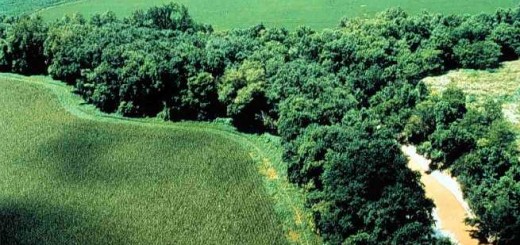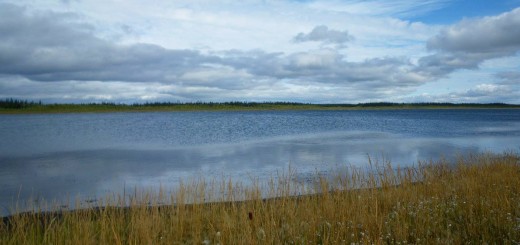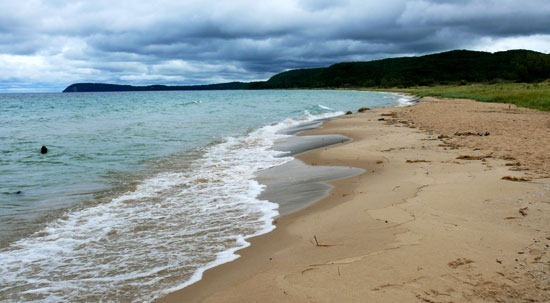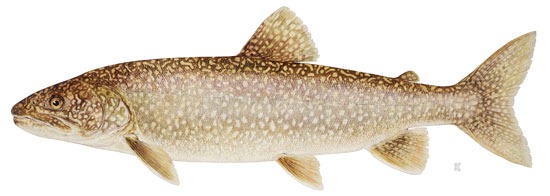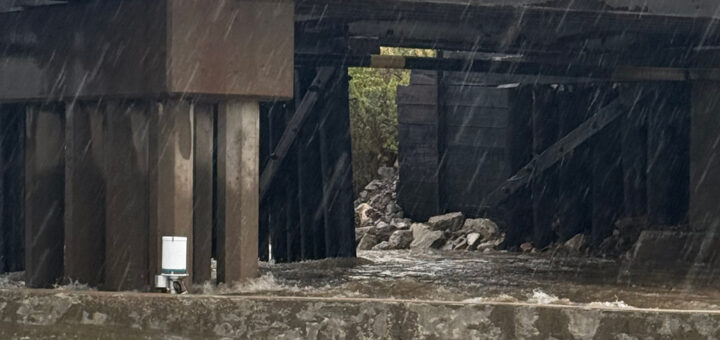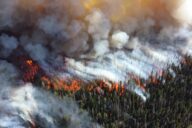Less Mixing For Crater Lake
0Sitting in the caldera of a collapsed volcano, hemmed in by snow-capped ridges and sparse, towering evergreens, Crater Lake is known for its surrounding beauty and crystal-clear waters. But scientists at the U.S. Geological Survey (USGS) believe that clarity may be under threat.
For years, researchers have tracked changes to Crater Lake’s transparency to both preserve its beauty for visitors as well as its health for the many creatures that call it home. Going along with that, scientists often consider how the lake mixes each year, a factor that can undoubtedly affect its clarity.
That’s because when Crater Lake’s deeper waters get pushed to the surface, they often bring with them nutrients that can support the growth of algae, which can affect the lake’s overall transparency. Despite that, the mixing is needed because it sends oxygen-rich surface waters down to the lake’s bottom that would otherwise become depleted due to algae decomposing.
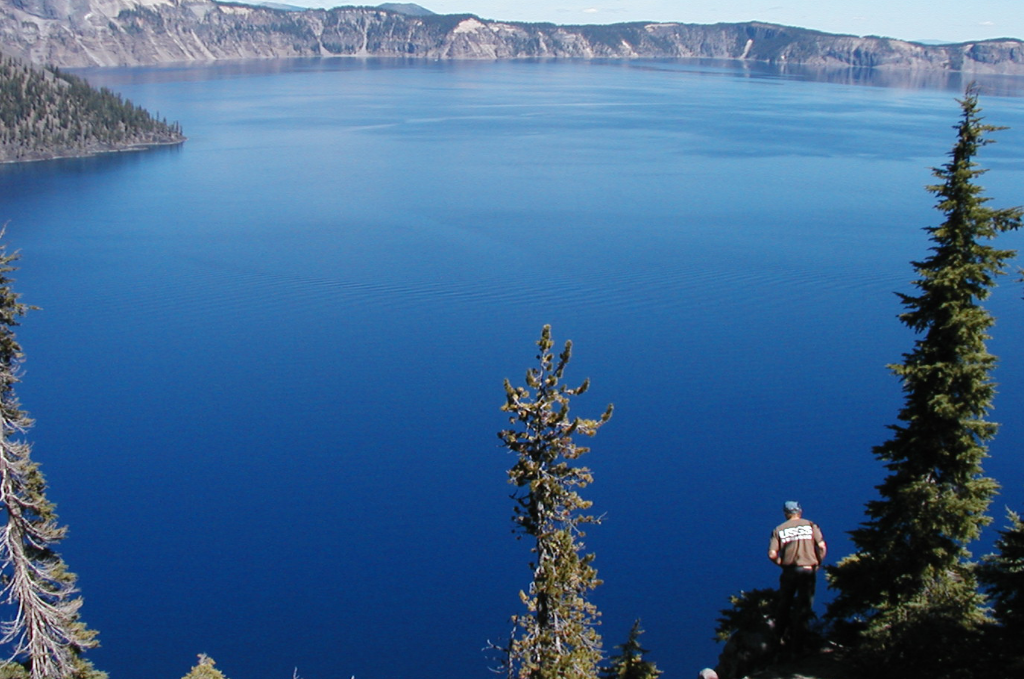
A USGS scientist collects samples at Crater Lake, Oregon. (Credit: U.S. Geological Survey)
Beyond using Secchi disks to check the clarity that they can see at the moment, USGS researchers have taken a long-term interest in forecasting the lake’s conditions. To get there, they’ve recently completed several models integrating a few possible scenarios that could play out for Crater Lake given a predicted future of higher atmospheric temperatures.
Their results aren’t that good, as simulations show that even minimal warming scenarios could disrupt the lake’s mixing.
Under the least severe warming scenario, deep mixing was found to occur on average once every three years by 2100. Under the most severe scenario, deep mixing extended to about once in less than every eight years.
All of the scenarios considered in the effort forecast increased water temperatures throughout Crater Lake’s water column and reductions in mixing events going into the future. These were made through modeling tools based on lake temperature data from 1994 to 2011 as well as wind and air temperature data from general circulation models.
Full results of the work are published on the U.S. Geological Survey’s website.
What can be done to help preserve Crater Lake’s clarity? What effects could reduced mixing have there? Please consider leaving a comment to share your thoughts!




